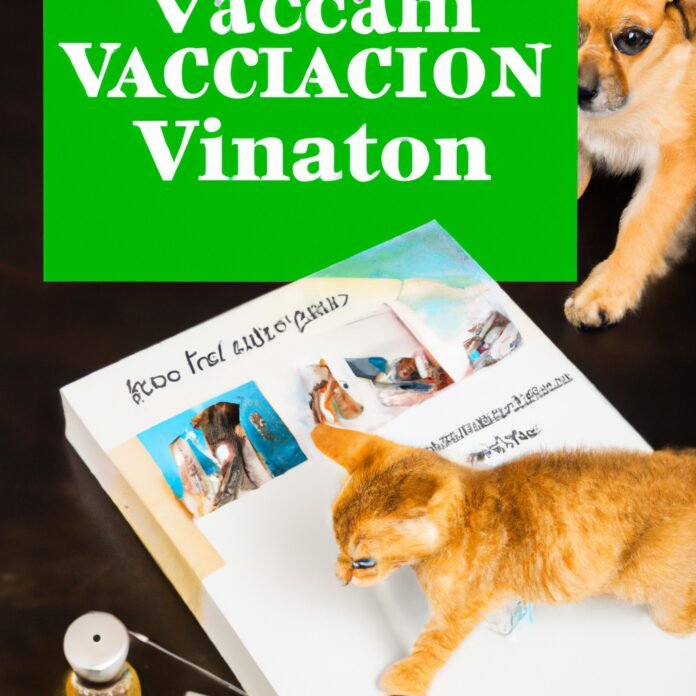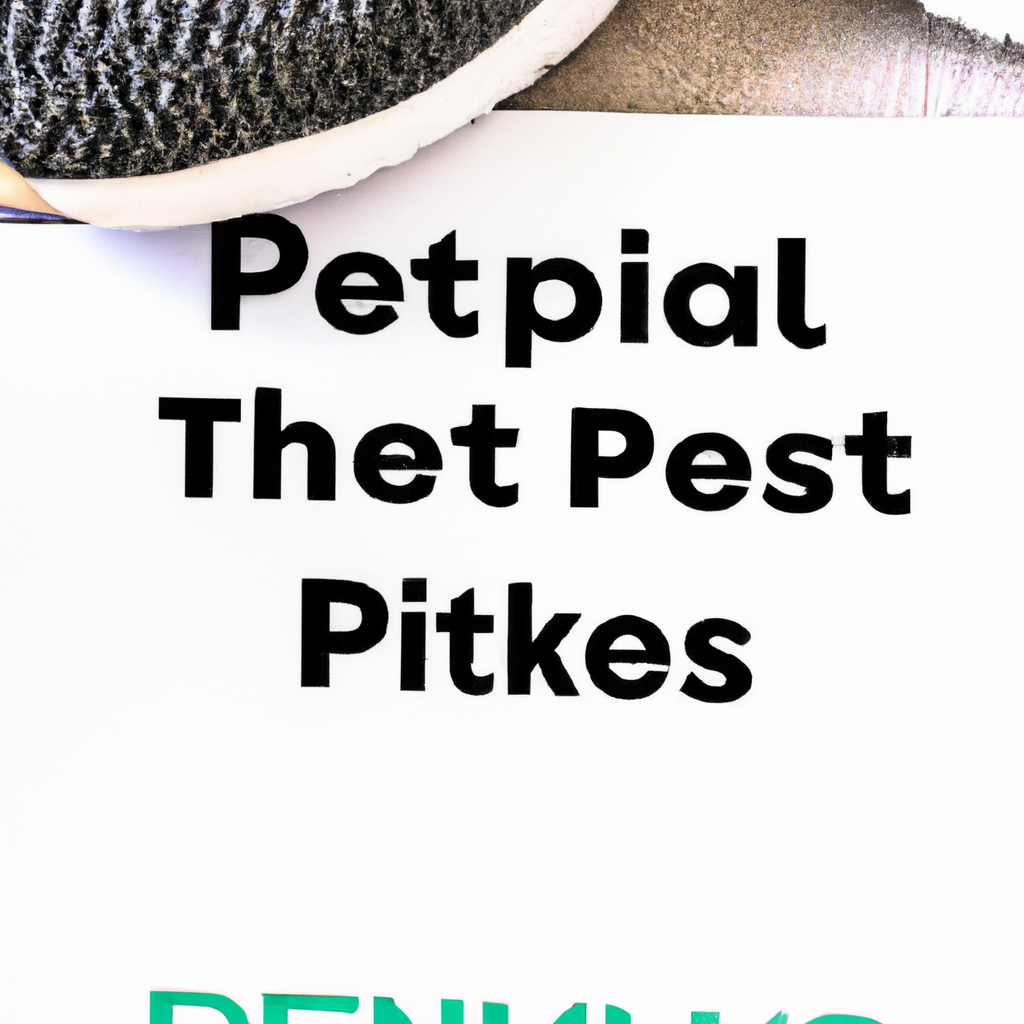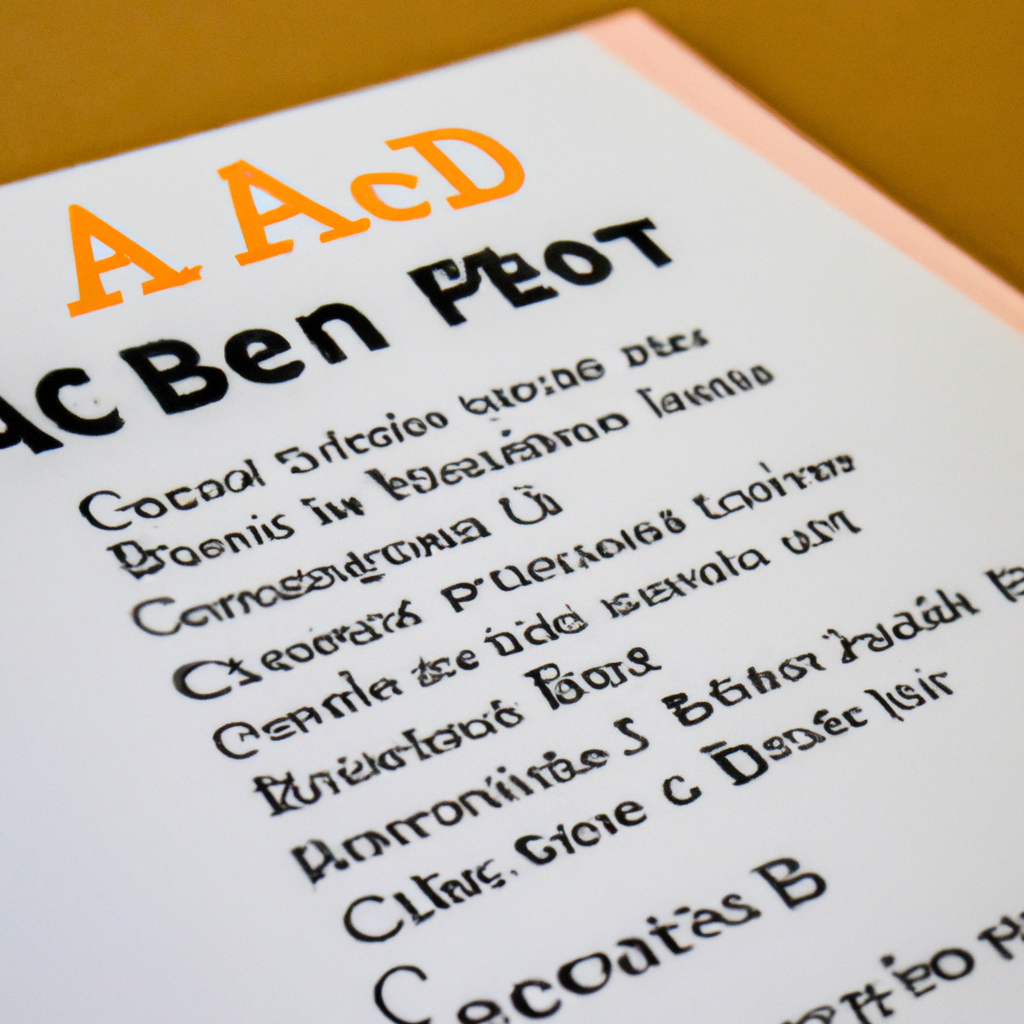Pets are many times regarded as close friends and family members, so it’s safe to say that keeping them safe and healthy should be of top priority. One of the most important ways to do this is to provide them with the necessary preventative health care, including vaccinations. In this article, we will discuss the importance of vaccinating your pet and the protection it provides against diseases.
1. Pets Need Vaccines Too!
Vaccines are an essential part of keeping our furry friends healthy. They provide protection against deadly diseases and drastically reduce the risk of illness. Without them, our pets are in serious danger.
- Rabies: This dreaded viral disease affects the central nervous system and is always fatal unless timely and comprehensive treatment is administered. Vaccines are usually administered on an annual basis.
- Distemper: Also known as canine infectious hepatitis, distemper is a virus that affects both kittens and dogs. Vaccination is necessary for controlling the virus, which can cause severe respiratory and neurological problems.
- Feline Panleukopenia Virus (FPV): Also known as feline distemper, this virus is especially dangerous for kittens. The vaccine can help prevent the virus, which can be fatal.
Aside from these core vaccines, there are several other diseases that can harm our pets. These include feline leukemia, Bordetella, and chlamydia. Talk to your vet about the best schedule for vaccinating your pet to make sure they stay healthy.
It’s important to remember that vaccinating your pet not only helps protect them, but also helps protect other animals. Be sure to get your pet vaccinated and keep up with their yearly boosters so everyone can stay safe from disease.
Keep in mind that vaccinations are an important part of a pet’s care. Making sure your pet is properly vaccinated is the best way to protect their health and keep them from suffering from fatal diseases that can be avoided.

2. Don’t Skip on Pet Vaccines – Diseases Can Be Devastating
Having a beloved pet is a commitment to take care of it. One of the most important aspects of protecting your pet’s health is to ensure they’re up to date with their vaccinations. Vaccination is an essential part of preventative pet care, and without it, your pet could face numerous health dangers.
Factors to Consider
- Age: Vaccines become increasingly important as your pet ages. Senior pets are especially vulnerable to certain diseases, which is why it’s so important to ensure they receive the necessary vaccinations.
- Lifestyle: Where does your pet spend most of its time, and are there other pets that might pose a risk? Those are important factors to consider, as this can provide you with insight into which vaccines are necessary.
- Environment: Depending on where your pet hangs out, it could be exposed to diseases specific to certain areas. Research your region and seek guidance from your vet.
If you’re unsure of which vaccines your pet needs, don’t hesitate to reach out to your veterinarian. They’ll help you determine the appropriate vaccinations for your pet’s lifestyle and well-being.
By skipping on pet vaccinations, you may be exposing yourself and your pet to diseases that can be devastating and potentially life-threatening. Some of the diseases pets are exposed to include Parvovirus, Leptospirosis, Canine Distemper, and Rabies. Even if your pet never leaves the house, they’re still at risk of these diseases.
Like with humans, preventive care is the best route to ensure the health of your pet. Vaccines are the easiest and least costly way to prevent diseases, so it’s essential to keep your pet’s vaccinations up to date.
3. Vaccinations Are a Must – Safeguard Your Pet for the Best Health
Vaccinations are essential to keep your pet well protected. They are like a shield of armor, helping to ward off dangerous viruses and bacteria that could cause diseases in your furry one. As soon as you bring your pet home, start the process of vaccinations. Depending on the particular breed and type of pet, consult your veterinarian on the most suitable vaccinations.
Immunization helps protect pets from a large variety of illnesses that are easily preventable. From the common parvovirus to distemper, the importance of vaccinations can never be understated. Before taking your four-legged companion to the vet, there are a few things to consider.
Take time to research a good veterinarian and make sure he offers high-quality medical care. This helps you assess the concern and decide which vaccines would suit your pet best. Select one that has a record of providing reliable care for animals in your area. Then you can create a vaccination schedule with the most suitable vaccines.
Vaccines for Puppies
- Parvovirus
- Rabies
- Distemper
- Adenovirus
Vaccines for Cats:
- Feline Panleukopenia
- Feline Calicivirus
- Rhinotracheitis
- Chlamydophila felis
- Rabies
These vaccinations provide a layer of natural protection to prevent major illnesses and protect your pet from harm in the long run. They have helped transform the veterinary industry and saved countless lives of furry pets. Make sure to follow the vaccination schedule and be vigilant about the health of your pet. It’s an easy and cost-effective way to promote healthy pet living.
Take the time to ensure your pet is vaccinated and protected. Doing this will help your beloved pet to live a longer, healthier, and safer life, free of dangerous diseases. Vaccinations are one of the best ways to give your pet the best life possible and are a small price to pay for their continued wellbeing.



